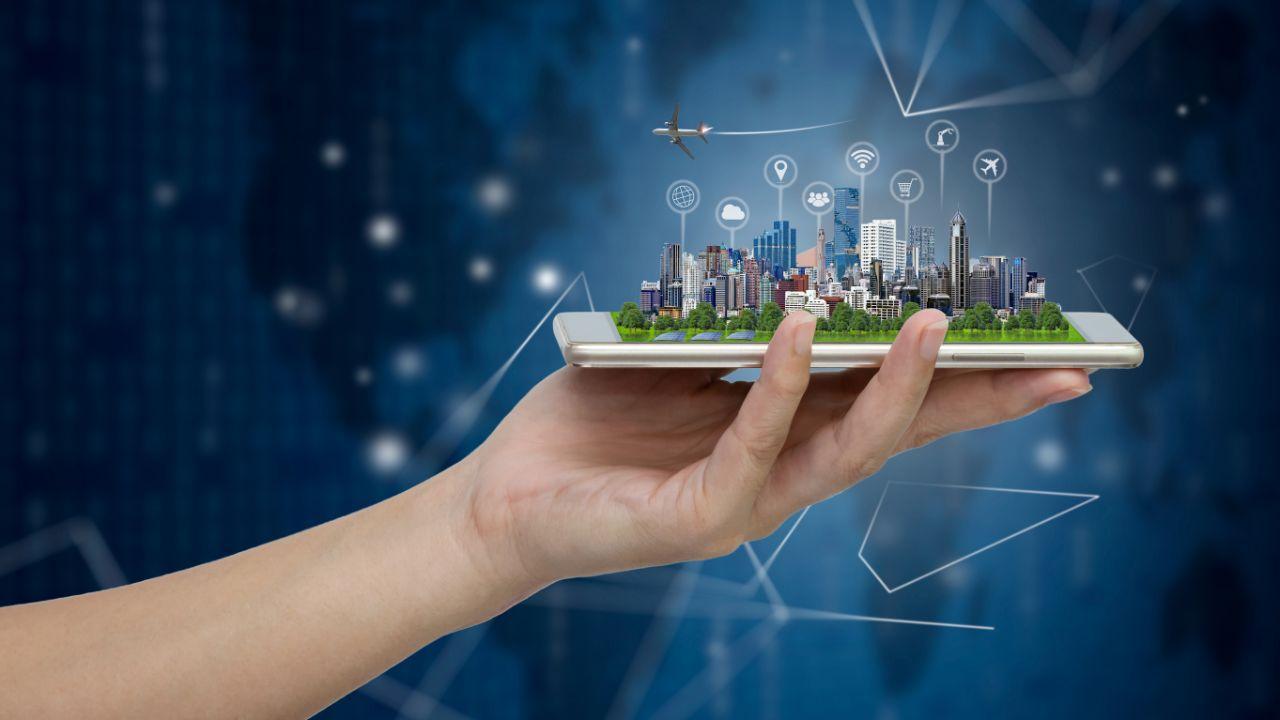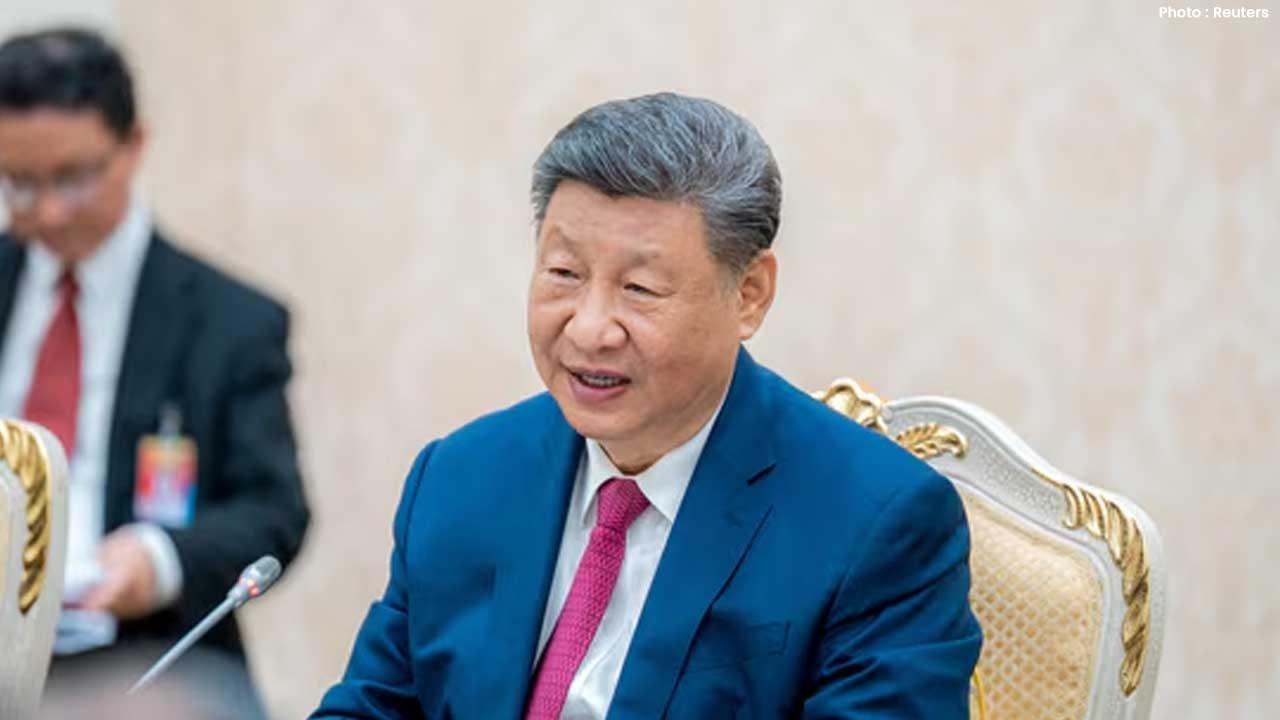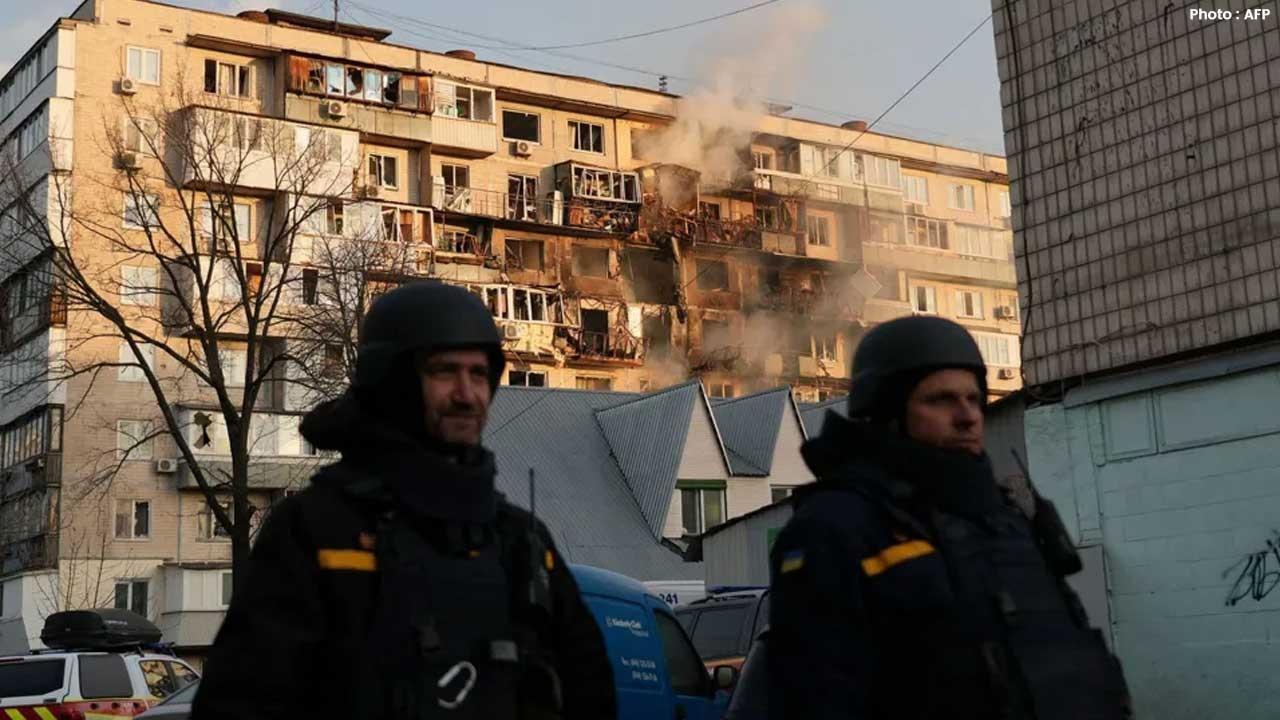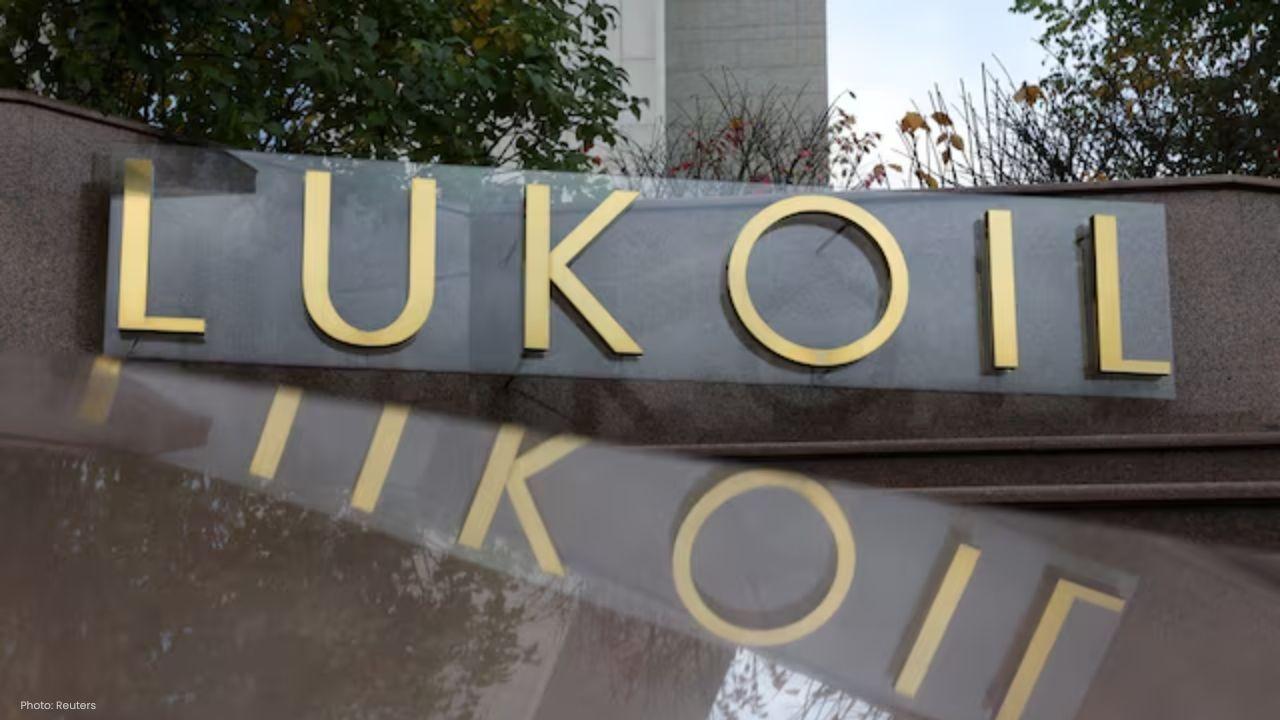
Post by : Vansh
Cities around the world are growing fast. More people are moving to urban areas than ever before, which brings both opportunities and challenges. To keep up with this growth, cities need to be smarter, safer, and more efficient. This is where technology steps in, leading to what many experts now call the smart city revolution.
The idea of a smart city might sound futuristic, but it is already happening in many parts of the world. With the help of technology, cities are improving everything from traffic management to waste collection. The goal is simple: make life better for residents while protecting the environment.
In this article, we take a closer look inside the smart city revolution: how tech is changing urban life for millions of people across the globe.
A smart city uses technology and data to improve how a city operates. It connects different parts of the city—like transportation, energy, waste management, and communication—using advanced tools such as the Internet of Things (IoT), artificial intelligence (AI), and big data.
This connection allows city leaders to make better decisions, solve problems faster, and provide better services to residents. From smart traffic lights that reduce congestion to sensors that monitor air quality, smart cities use technology to create safer, cleaner, and more efficient places to live.
One of the most noticeable ways technology is changing urban life is through transportation. Traffic jams, pollution, and long commutes are common problems in busy cities. Smart cities are solving these issues with intelligent transport systems.
Many cities now use smart traffic lights that adjust based on real-time traffic flow. This reduces congestion and makes roads safer. Public transport apps help people plan their journeys better, while GPS tracking ensures buses and trains run on time.
Electric vehicles (EVs) and charging stations are also becoming more common, reducing pollution and promoting cleaner mobility. Some cities are even testing autonomous vehicles, where cars drive themselves, promising a future with fewer accidents and smoother traffic.
Energy is one of the biggest challenges for growing cities. Smart cities are using technology to manage energy better and promote renewable sources.
Smart grids help monitor and control energy usage in real time. This reduces waste and ensures power is distributed efficiently. Solar panels, wind turbines, and other renewable energy solutions are also integrated into city plans, reducing reliance on fossil fuels.
In some places, buildings are designed to be energy-efficient with smart lighting, heating, and cooling systems. These innovations help lower electricity bills and reduce carbon footprints, making cities more sustainable.
Waste management is a major challenge for big cities. Overflowing garbage bins, inefficient collection, and pollution can create health risks and make cities unpleasant. The smart city revolution is helping solve these problems.
Smart bins equipped with sensors can send alerts when they are full, making waste collection more efficient. Data from these bins helps authorities optimize collection routes, saving time and fuel.
Some cities are introducing recycling incentives, using apps and digital platforms to encourage people to recycle more and reduce waste. Cleaner streets, lower pollution, and better recycling are all part of the smart city vision.
The buildings, roads, and public spaces in smart cities are designed with technology and sustainability in mind. Smart infrastructure uses sensors, cameras, and advanced materials to create safer and more efficient urban spaces.
For example, smart streetlights adjust their brightness based on how busy an area is, saving energy. Smart water systems detect leaks and reduce water waste. Digital parking systems help drivers find parking spots quickly, reducing traffic and frustration.
These small changes may seem simple, but together they make a big difference in how cities function and how enjoyable urban life can be.
Another key part of the smart city revolution is how public services are delivered. Using data and AI, city governments can respond to problems faster and provide better services.
For example, AI-powered chatbots help answer citizen questions online, reducing wait times. Emergency services use real-time data to reach people quickly during accidents or disasters. Health services track public health trends and prepare better for outbreaks.
All these tools make cities safer, healthier, and more convenient for everyone.
While smart cities bring many benefits, there are also challenges to consider. Privacy is a big concern, as many smart systems collect large amounts of data. City leaders must ensure that this data is protected and used responsibly.
Cost is another challenge. Building smart infrastructure requires investment, and not all cities have the resources to do so quickly. It’s also important to ensure that all residents benefit equally from smart city technology, not just those in wealthier areas.
The smart city revolution is still growing. As technology improves, more cities will adopt smart solutions to improve life for their residents. In the future, we can expect even more advanced AI, 5G networks, and smart devices to make cities even more connected.
The key to success is making sure technology is used to make cities more inclusive, sustainable, and people-friendly. With the right approach, the smart city revolution can create urban spaces where everyone can live, work, and thrive.
The information provided in this article is for general informational purposes only. MiddleEastBulletin does not take responsibility for any actions or decisions made by readers based on the content. Readers are advised to consult relevant experts before making any significant decisions related to technology or smart city development.










Roberto Martinez Critiques Harshness of Ronaldo's Red Card in Ireland Match
Portugal's coach, Roberto Martinez, defends Ronaldo after his first red card impacts a 2-0 loss to I

Luis Rubiales Egged at His Book Launch in Madrid
Luis Rubiales faced an egg-throwing incident by his uncle during his book launch, further complicati

Kai Trump Struggles in LPGA Debut, Reflects on Experience
Kai Trump finished her LPGA debut with a score of 83, learning valuable lessons amid significant att

Kansas State Edges Past Cal 99-96 in Thrilling Encounter
Kansas State narrowly defeats Cal 99-96, with Haggerty's standout performance crucial to the Wildcat

Suns Dominate Pacers with Stellar Performance from Booker
The Suns secure a decisive victory over the Pacers, with Devin Booker showcasing his talent and exte

Injury-Stricken Clippers Battle Mavericks in NBA Cup Clash
Both the Clippers and Mavericks face injury struggles as they meet in an NBA Cup showdown, eager to